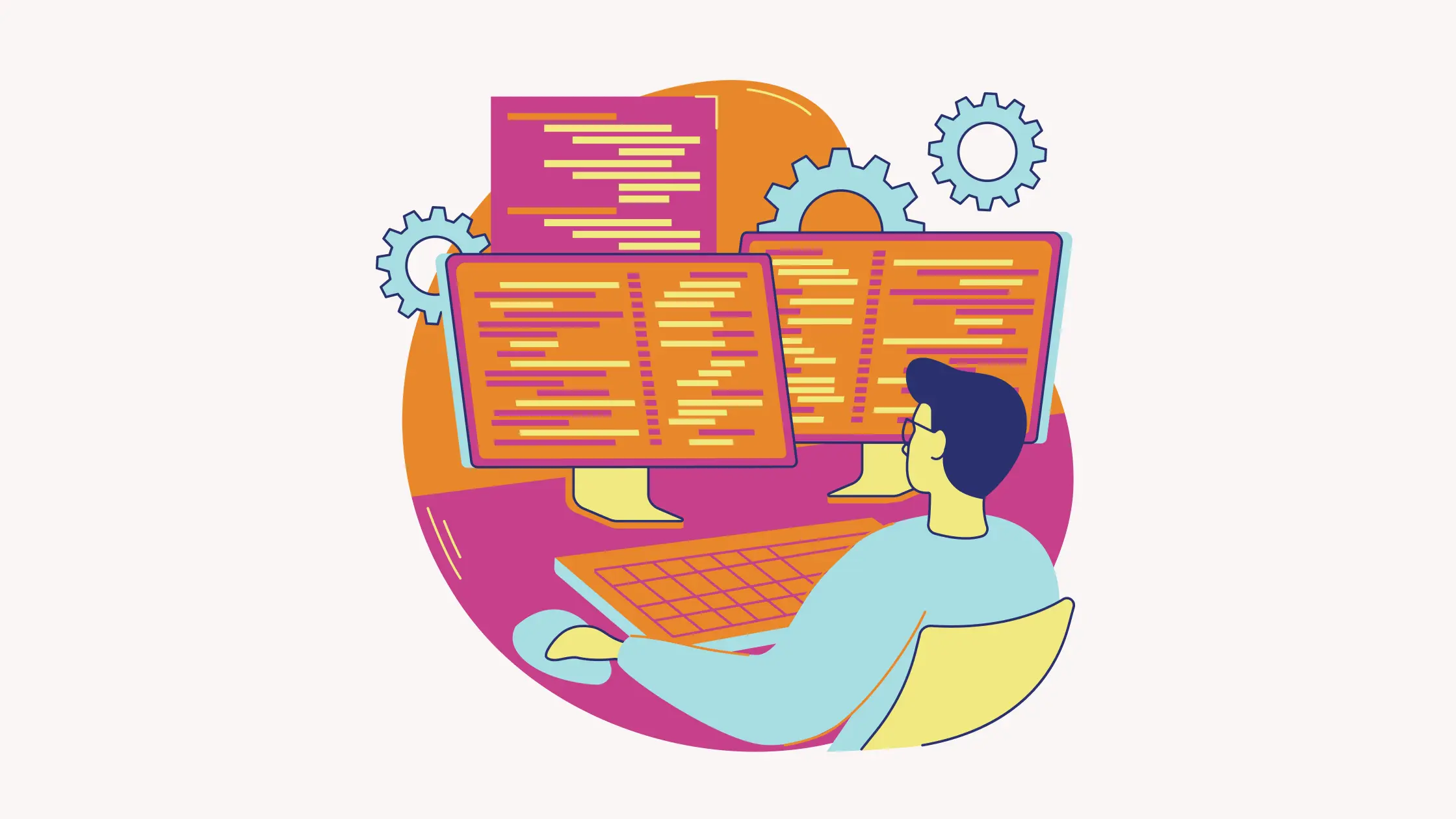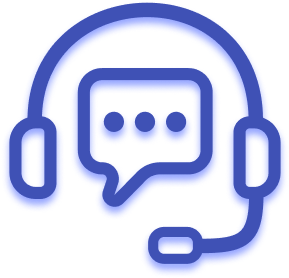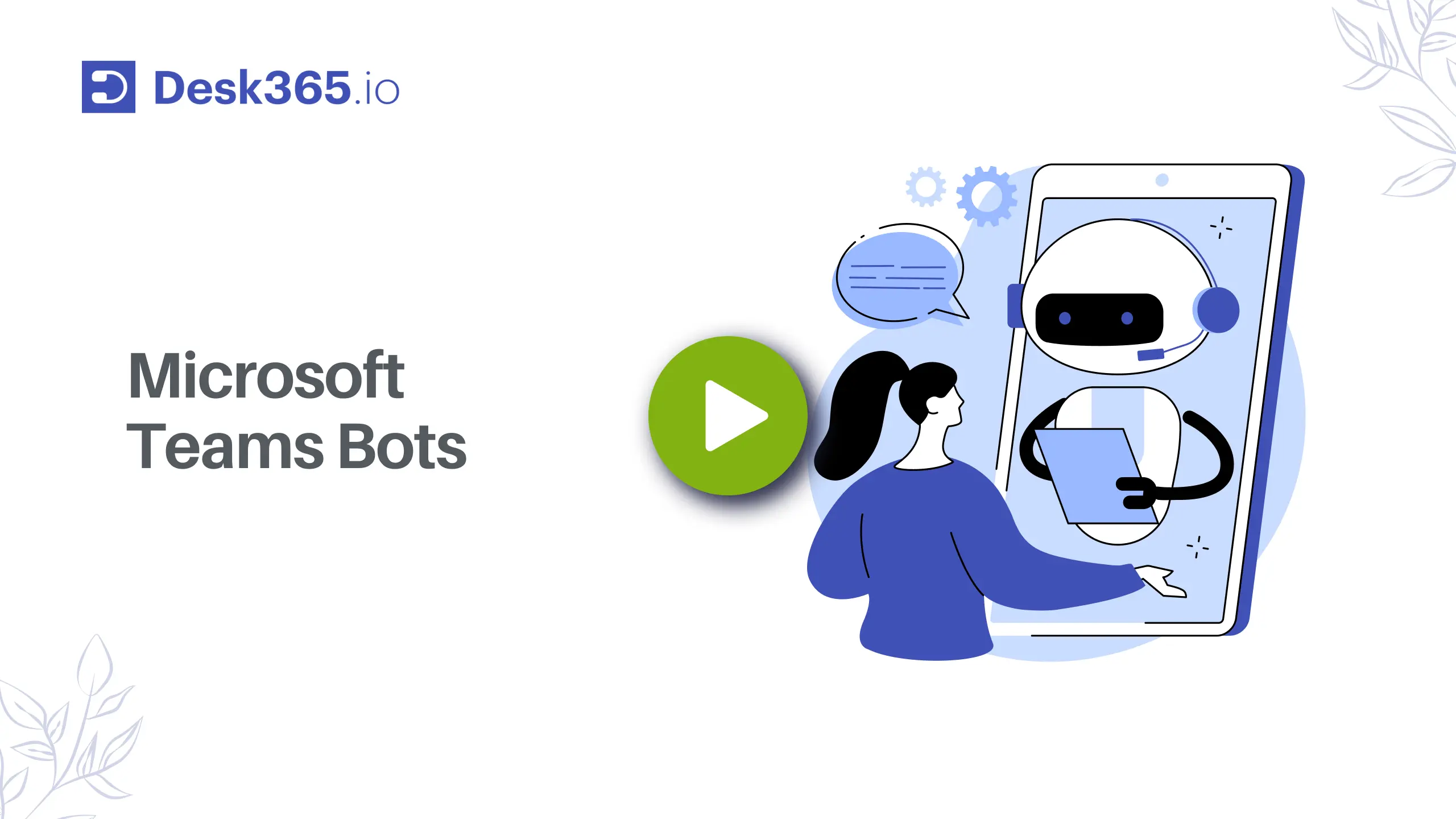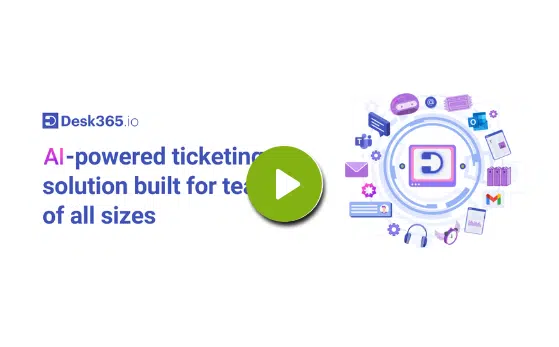As per a report by Online Dasher, 77% of customers believe that the best service a company can provide is a quick response.
If you’re dealing with slow support, errors, and inefficiencies, you need a solution to streamline support, cut down on repetitive tasks, and boost customer satisfaction. That’s where helpdesk automation comes in.
This article will explain the functioning of helpdesk automation tools, and their significance in a holistic customer experience (CX) and guide you in choosing the appropriate software for your operations.
What is helpdesk automation?
Helpdesk automation refers to a technological solution empowering customer support teams to minimize the need for human agent intervention and streamline operational workflows through automated service processes.
These processes encompass tasks such as ticket routing, ticket escalation, and ticket resolutions.
The goal is to reduce manual intervention, increase response times, and improve overall customer satisfaction by automating repetitive tasks within the help desk system.
In addition to improving efficiency and customer satisfaction, helpdesk automation can also provide valuable insights through metrics such as CSAT, resolution rate, and more helping organizations continuously improve their support processes.
Read more – 12 Help Desk Metrics to Measure in 2025
What is the impact of limited automation on IT helpdesk performance
85% of customer interactions are expected to be handled without human involvement by 2025, thanks to AI and automation, the potential impact of limited automation on IT helpdesk performance is significant.
1. Inefficiency and inaccuracy
- Manual tasks and data entry: Repetitive tasks like ticket creation, routing, and updates consume valuable time and increase the risk of human error.
- Information silos: Scattered emails, phone calls, and notes across different platforms make it difficult to track issue history and find information.
- Slow response times: Manually handling high volumes of tickets can lead to delayed responses, frustrating customers and impacting their productivity. To know more about increasing customer response time read our blog, how to improve customer service response time?
2. Lack of visibility and control
- Limited reporting and analytics: Without automation, it’s difficult to measure key metrics like resolution times, first-call resolution rates, and agent performance.
- Reactive approach: Traditional helpdesk often operate reactively, scrambling to solve issues as they arise instead of proactively identifying and preventing problems.
- Poor visibility into trends and root causes: Manually analyzing data makes it challenging to identify recurring issues, trends, and root causes, hindering proactive solutions.
3. Limited productivity and collaboration
- Agent burnout: Repetitive tasks and constant context switching can lead to agent fatigue and reduced productivity.
- Lack of knowledge sharing: Siloed information and limited collaboration make it difficult for agents to share knowledge and learn from each other.
- Inefficient ticket escalation: Manually escalating complex issues can be time-consuming and inefficient, delaying resolutions and increasing customer frustration.
4. Reduced customer satisfaction
- Frustrating wait times: Slow response times and long resolution times can damage customer relationships and negatively impact brand reputation.
- Lack of self-service options: Traditional helpdesk often lack self-service portals and knowledge bases, forcing customers to wait for agent assistance.
- Inconsistent service quality: The reliance on individual agent knowledge and skills can lead to inconsistent service quality and customer dissatisfaction.
Why is it essential to automate your IT helpdesk?
Automating your helpdesk ticketing system is crucial for optimizing IT support operations. The use of an automated helpdesk system addresses various challenges by enhancing efficiency, visibility, and effectiveness.
Through task automation, response times are accelerated, and the workload on support agents is significantly eased.
This not only allows support teams to prioritize complex tasks but also contributes to overall productivity and job satisfaction.
The streamlined process leads to a reduction in workload for dispatchers, further enhancing the efficiency of the support system. In essence, automation becomes a key driver for a more effective and streamlined customer support environment.
What are the benefits of automated helpdesk software?
Automated helpdesk software offers numerous benefits for businesses, enhancing customer support operations and overall efficiency. Some key advantages include:
- Improved Customer Satisfaction: Helpdesk software ensures prompt responses to customer issues, leading to higher satisfaction levels as customers receive timely resolutions.
- Enhanced Communication: Automated systems streamline communication processes, ensuring that customers are kept informed about the status of their tickets, reducing frustration and enhancing transparency.
- Efficient Operations: By automating tasks and workflows, helpdesk software boosts operational efficiency, allowing teams to prioritize actions, track data-driven analytics, and monitor performance effectively.
- Empowered Customers: Self-service options provided by helpdesk software empower customers to find solutions independently, reducing the need for direct assistance and improving overall user experience.
- Real-time Feedback: Helpdesk software enables real-time feedback collection, allowing businesses to promptly address customer concerns and continuously improve their services based on feedback received.
- Ticket Management: Automated ticket management systems help prioritize and resolve customer issues efficiently, ensuring that urgent matters are addressed promptly and preventing delays in resolution.
The key features of helpdesk automation tools
Here are the few key features that IT service desk automation software should offer,
1. Ticket routing
Automation can categorize and route incoming support requests to the appropriate personnel or teams based on predefined criteria. This ensures that each issue is directed to the right individuals for prompt resolution.
2. Canned responses
Canned responses, are a simple and routine query that can be handled automatically with predefined responses. This helps provide quick acknowledgment and initial support while freeing human agents to focus on more complex issues.
3. Escalation management
Automation can assist in identifying critical issues and escalating them to higher-level support when necessary. This ensures that urgent matters receive prompt attention.
4. Integration with other systems
Helpdesk automation often involves integration with other business systems, such as CRM (Customer Relationship Management) or ITSM (IT Service Management) platforms, to ensure seamless information flow and a unified support experience.
5. Workflow automation
This functionality allows organizations to automate ticket routing, escalation, onboarding, and addressing common customer inquiries. Consequently, this liberates agents to concentrate on more impactful and value-added tasks.
6. Knowledge base
Establishing a dedicated knowledge base enables you to automate your customer service and minimize ticket volume. Customers can independently explore FAQs, find relevant solutions, and resolve issues conveniently.
Comparison chart of the best helpdesk automation tools
Software
Price
Free trial
Key Features
Desk365
Features starting for just $12 /agent /month
21 days
- Shared Inbox
- Ticket Tracking and Escalation
- Collaborating on Tickets
- Automation Capabilities
- Collision Detection
- Reporting and Analytics
- CSAT Surveys
- Email Templates:
- Knowledge Base Integration
- SLA Management
Zendesk
Pricing scales from $55 to $115 /agent /month
14 days
- Ticketing
- Live chat
- Knowledge base
- Call center
- SLAs (Service Level Agreements)
- Reporting
- Automation
HappyFox
Starts at $20 extending to $65/agent/month
14 days
- Ticketing
- Live chat
- Knowledge base
- Call center
- SLAs (Service Level Agreements)
- Reporting
- Automation
Help Scout
Starts at $20 - $65 /agent /month
14 days
- Collision Detection
- Live chat
- Knowledge base
- Call center
- SLAs (Service Level Agreements)
- Reporting
- Automation
Hiver
Starts at $10 - $40 /user /month
14 days
- Multi-channel Engagement tooltip
- Email Management tooltip
- Team Collaboration tooltip
- Usage Limits tooltip
- iOS & Android Mobile Apps
- Onboarding Support
- 24x7 Chat & Email Support
Freshdesk
Starts at $15 - $65 /user /month
21 days
- Email-based ticket routing
- Live chat
- Knowledge base
- Multiple shared inboxes
- SLAs (Service Level Agreements)
- Reporting
- Automation
Zoho Desk
Starts at $20 /agent /month
15 days
- Ticketing
- Live chat
- Knowledge base
- Macro-based workflows
- SLAs (Service Level Agreements)
- Reporting
- Automation
Switch to a Better Helpdesk Automation Tool Now!
Top 7 helpdesk expert automation tools
Here is a list of helpdesk automation tools to try in 2025,
1. Desk365
Desk365 delivers a robust cloud-based ticketing system, known for its user-friendly interface and seamless implementation. Packed with features like efficient ticket management, collaborative tools for teams, automation, and SLA capabilities, Desk365 empowers businesses to optimize their customer support operations, guaranteeing swift attention and resolution for every ticket.
The responsive mobile version of Desk365 enables support teams to stay connected and address customer inquiries from any location at any time. This feature ensures businesses can maintain exceptional customer support, even when team members are on the move.
Shared Inbox
One of the most useful features of ticketing software is its shared inbox. With Desk365, you can have a shared inbox which allows multiple team members to access and manage customer tickets from a unified centralized interface. It helps to ensure that no emails are missed or overlooked and that all customer inquiries are responded to promptly. Furthermore, Desk365 offers omnichannel support, which seamlessly consolidates customer conversations from various channels into the shared inbox.
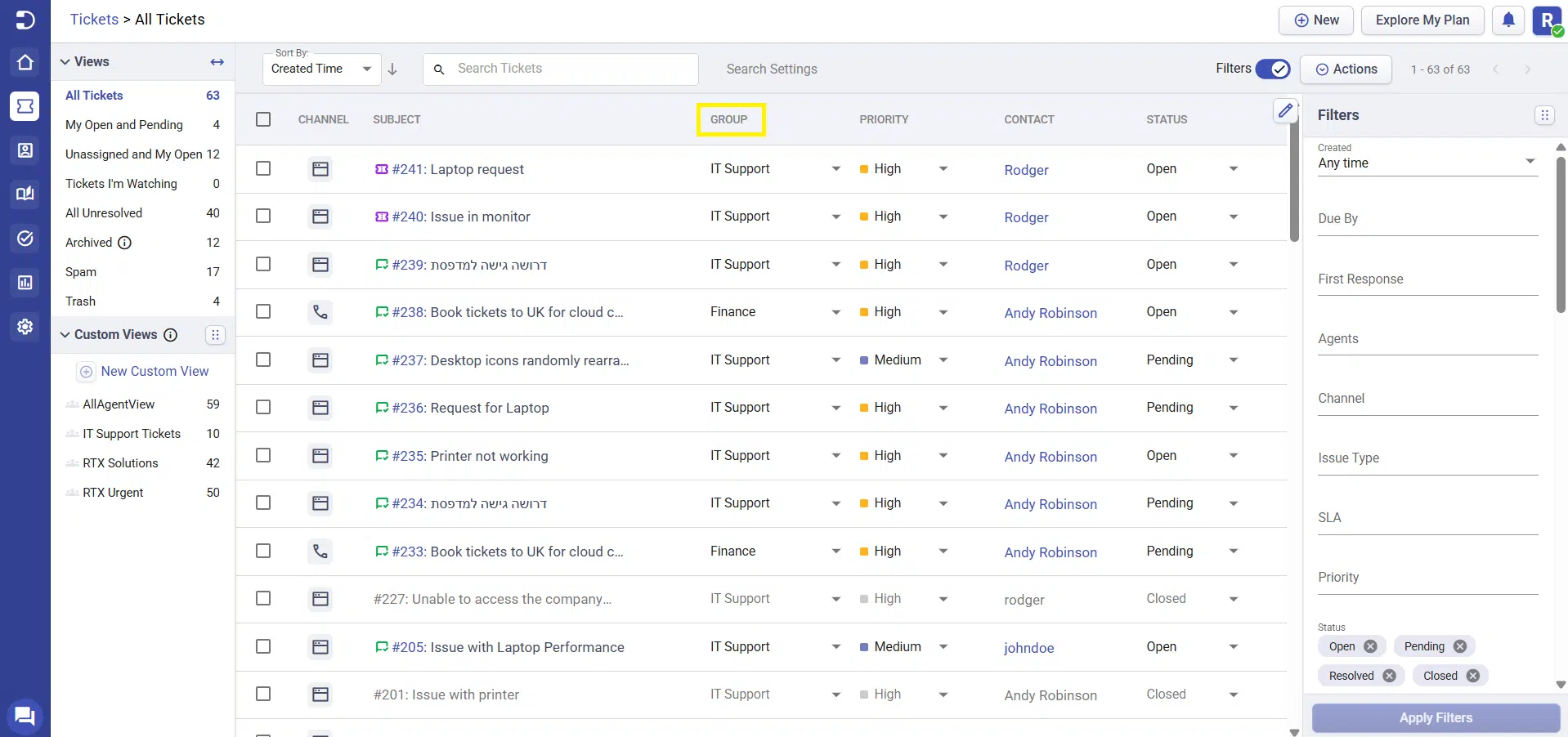
Ticket Creation and Assignment
Utilizing Desk365, you can effortlessly assign emails to designated individuals or teams, ensuring that customer inquiries are directed to the most suitable person. When a customer submits an inquiry through email, Desk365’s email ticketing system seamlessly transforms it into a ticket. The system captures vital details, including the customer’s contact information, issue description, and any relevant attachments. Subsequently, the ticket is assigned to a suitable support agent for resolution.
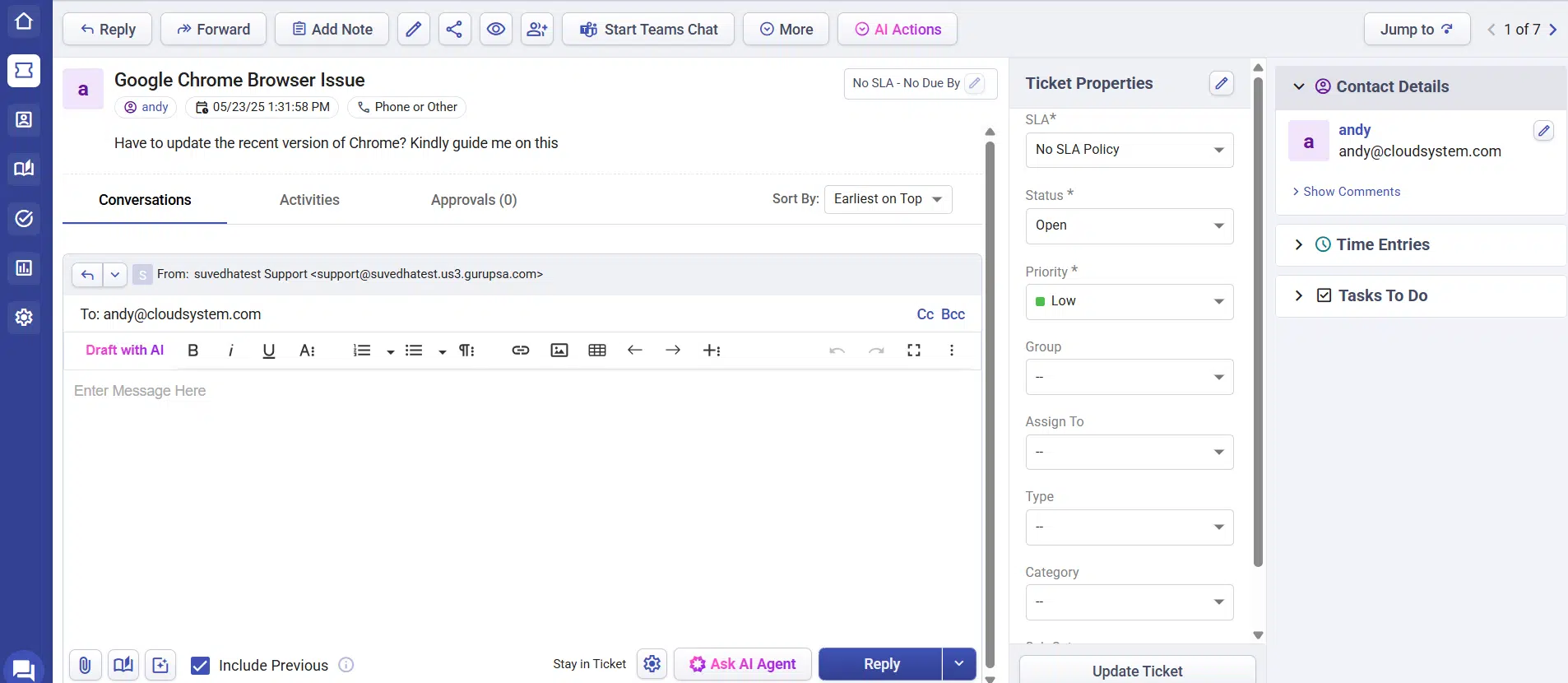
Ticket Categorization and Prioritization
Desk365 allows you to categorize tickets based on the nature of the enquiry or the product/service involved. This helps support teams to prioritize and allocate resources accordingly. By assigning different levels of priority, urgent issues can be addressed promptly, preventing any potential escalations. This helps to ensure that customer enquiries are handled in the most appropriate manner.
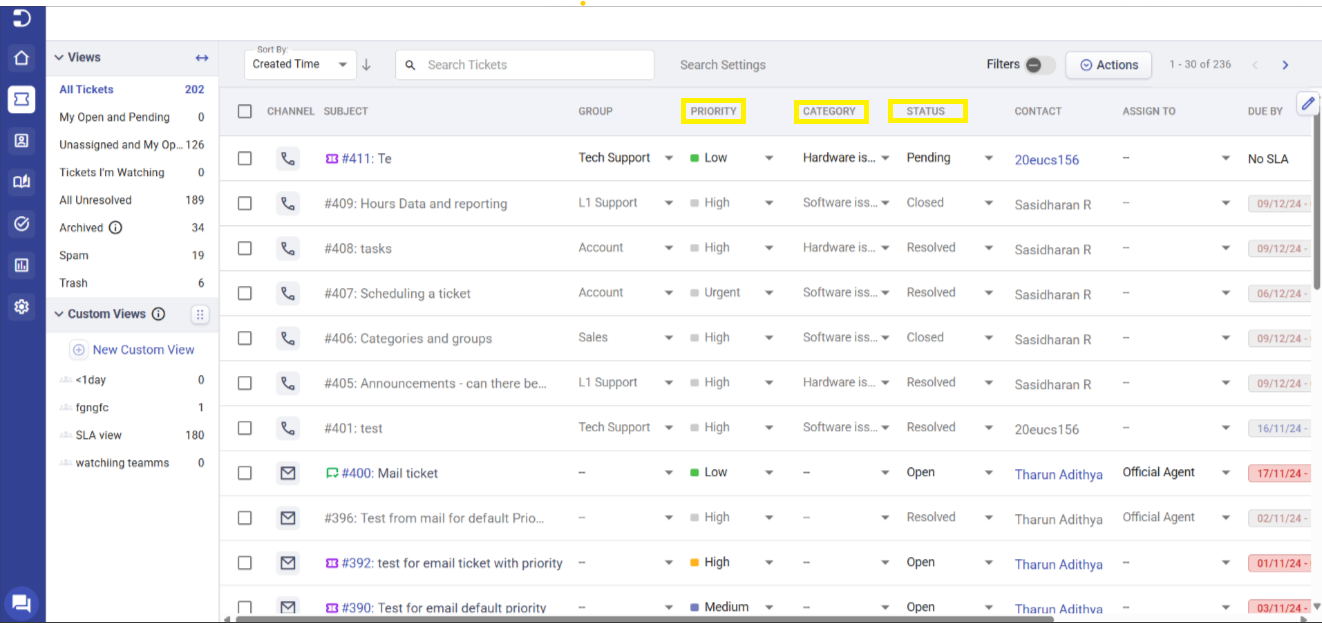
Ticket Tracking and Escalation
Desk365 allows support agents to track the progress of each ticket from submission to resolution. This ensures transparency and accountability throughout the support process. In cases where a ticket requires escalation to a higher-level support agent or supervisor, our system provides an easy mechanism for such escalations.
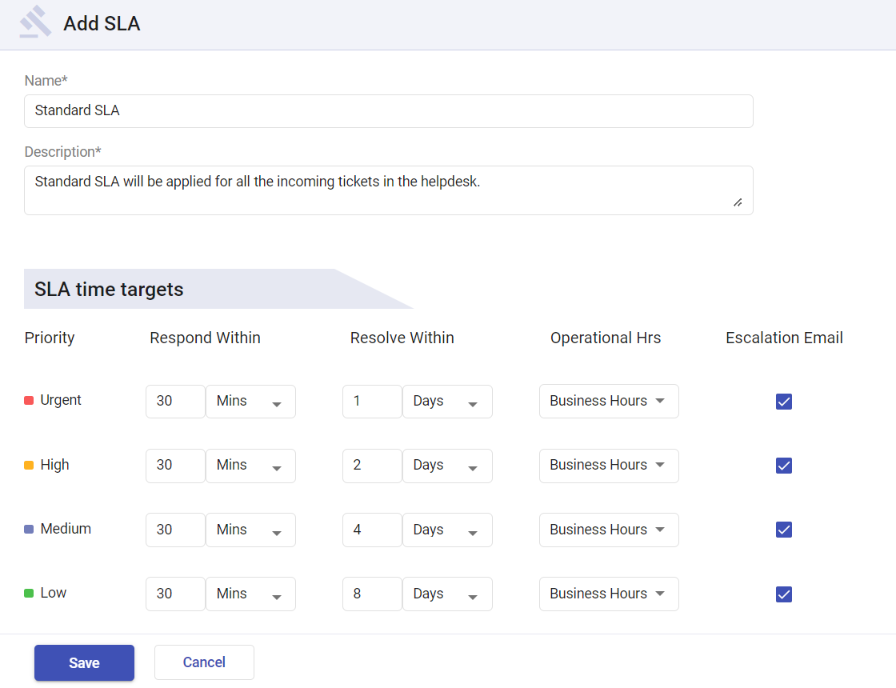
You can configure SLA rules to send reminders before the Response Time and Resolve Time are reached. Also, you can configure escalation rules that specify when and who to notify in case of SLA violations.
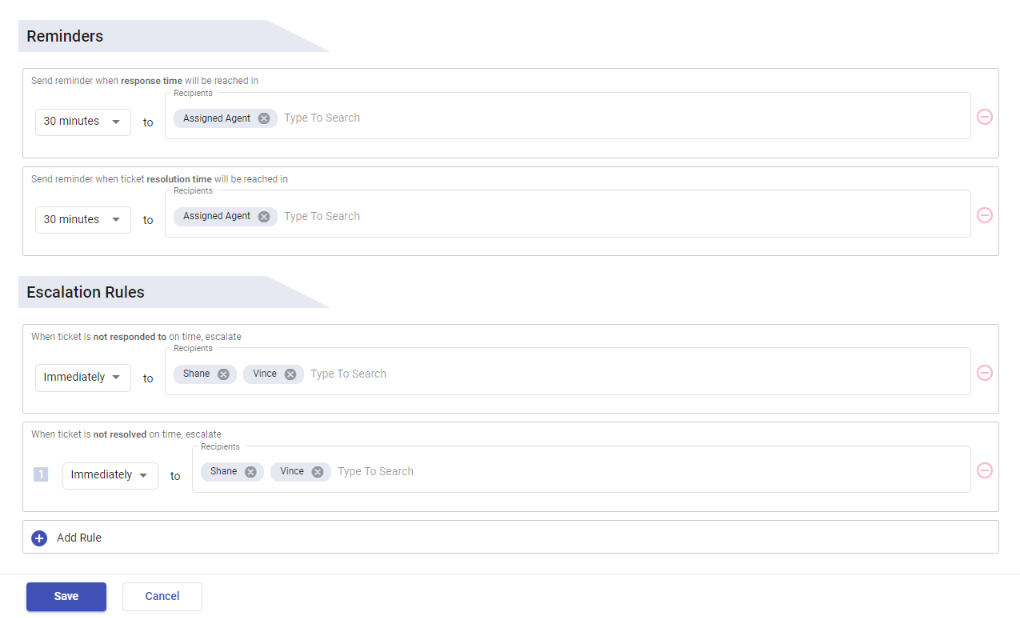
Collaborating on Tickets
Collaboration is an important aspect of Desk365. It allows team members to work together on customer issues, discuss the issue using private notes and comments, and provide feedback. This helps to ensure that all team members are on the same page and that customer conversations are handled efficiently and effectively. This promotes knowledge sharing and enhances problem-solving capabilities.

Automation Capabilities
Desk365’s automation feature allows teams to automate repetitive tasks such as assigning tickets, sending notifications, setting SLAs, and more. This helps to save time and increase efficiency, allowing team members to focus on more important tasks.
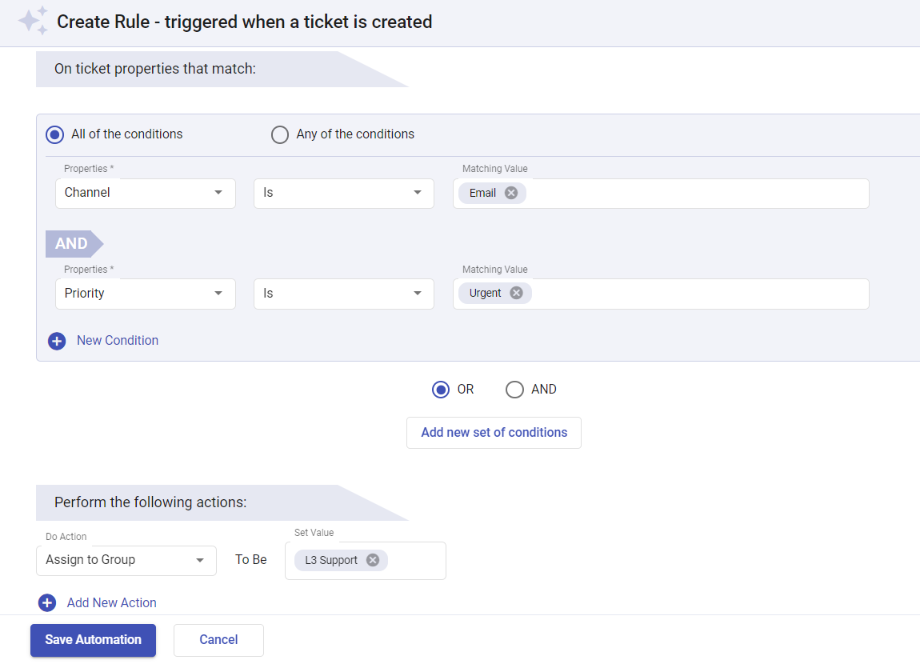
Reporting and Analytics
Desk365 provides valuable insights through reporting and analytics features. Using Desk365, teams can track key metrics such as response times, resolution times, and customer satisfaction. This helps to identify areas for improvement and ensure that customer enquiries are handled effectively. Managers can access data on ticket trends, response times, resolution rates, and customer satisfaction metrics. These insights enable businesses to identify areas for improvement, optimize support workflows, and make data-driven decisions.
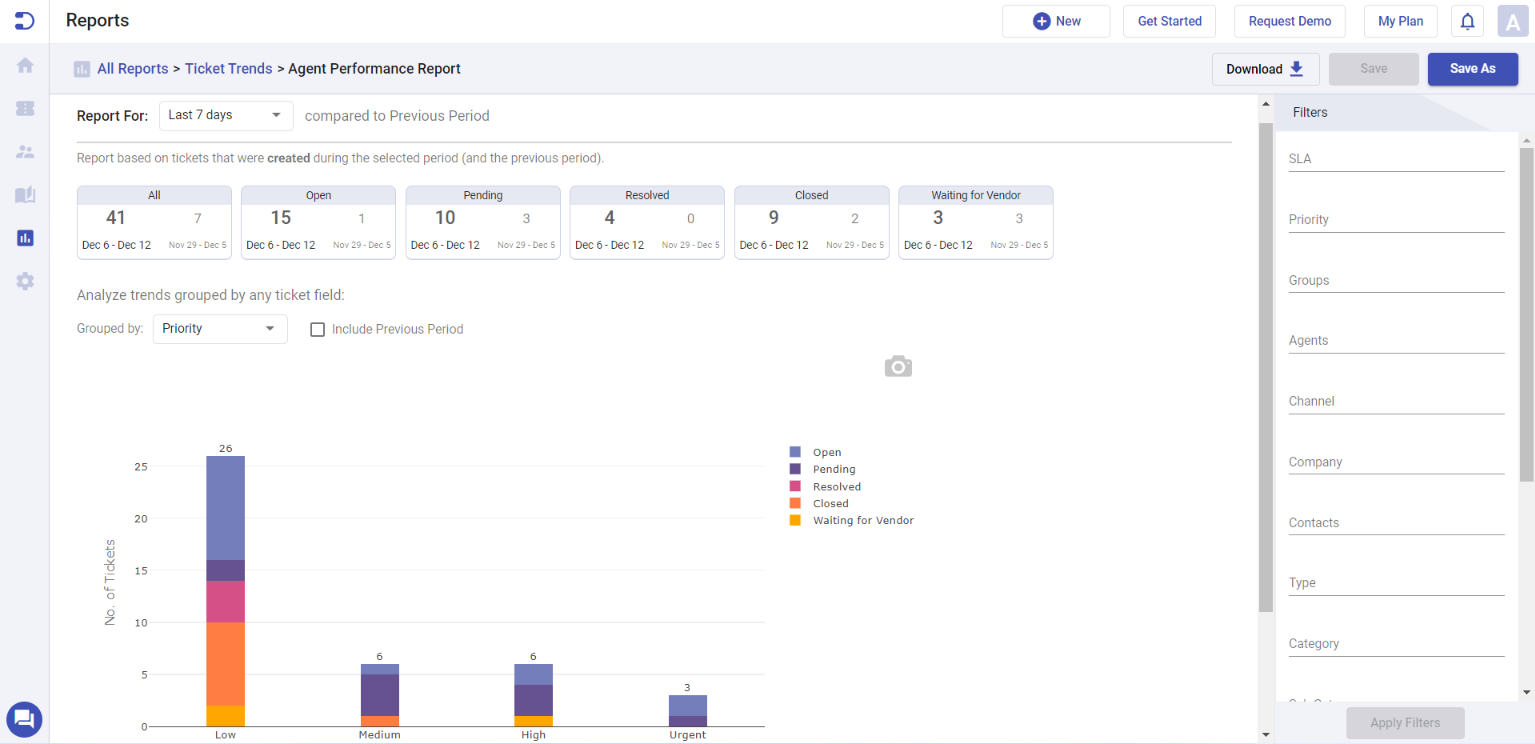
CSAT Surveys
Desk365’s CSAT surveys are a valuable feature that allows teams to gather feedback from customers and measure their satisfaction levels. This helps to identify areas for improvement and ensure that customer needs are being met. With Desk365, you can easily create and send CSAT surveys to customers and track their responses in real-time.
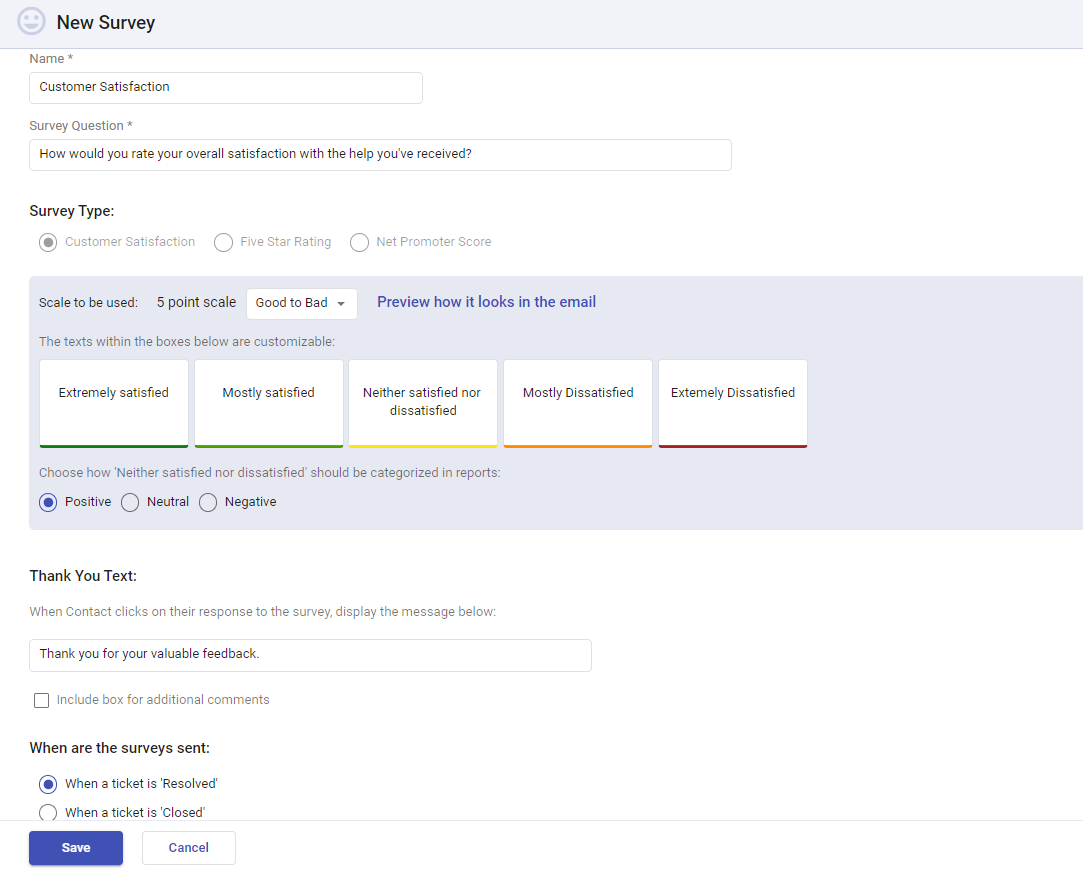
Email Templates
Desk365’s email templates are a useful feature that allows teams to create pre-written responses to common customer enquiries, saving time and increasing efficiency. With our canned responses feature, you can create and save templates for frequently asked questions, common issues, and more. This helps to ensure that responses are consistent and accurate, and that customers receive timely and helpful support.
Check out: 13 tips for writing customer service email effectively.

Collision Detection
Desk365’s collision detection features notifies team members when multiple people are working on the same ticket. This helps to prevent duplication of effort and ensure that customer enquiries are handled efficiently. With our collision alert feature, team members can avoid stepping on each other’s toes and work collaboratively to resolve customer issues.
Pricing:
Lowest Paid Plan: $12/agent/month
Highest Paid Plan: $20/agent/month
Free trial available.
Hear Directly From Desk365 Customers
Performance, Support, Easy-to-use. The Performance is incredible – one of the fastest Helpdesk systems I have ever worked with. The Support is just amazing. Any inquiries will be answered quickly and professionally. Easy-to-use: almost no one, from our ~100 employees, needed any training. It’s self-explanatory.

Posted on
February 22, 2023
2. Zendesk
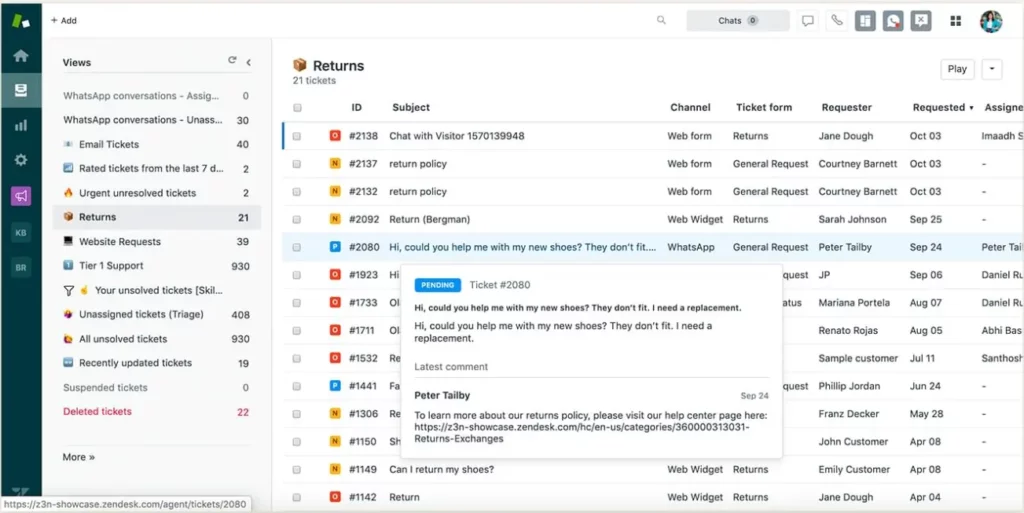
Zendesk, often compared with Help Scout is a powerful customer service software that caters to businesses looking for a robust, scalable solution to manage their customer interactions. Known for its flexibility and comprehensive set of features, Zendesk allows companies to build better customer relationships through streamlined communication and improved support services. This platform stands out in the Zendesk review landscape as a top choice for businesses looking to elevate their customer experience with efficiency and customization.
Recommended Reading – Best Zendesk Alternatives in 2025
Zendesk Features:
- Multi-Channel Support
- Advanced Ticketing System
- Automation and Workflows
- Customizable Interfaces
- Reporting and Analytics
- Integrations with Other Business Tools
- Knowledge Base and Self-Service Options
- Live Chat Capabilities
- AI and Machine Learning Enhancements
- Security and Compliance Measures
Read more – Zendesk Features [+Pros and Cons Breakdown]
Pricing
- Suite team: $55/agent/month
- Suite growth: $89/agent/month
- Suite professional: $115/month/ user
Read More – Zendesk Pricing: Does it offer value for money?
3. HappyFox
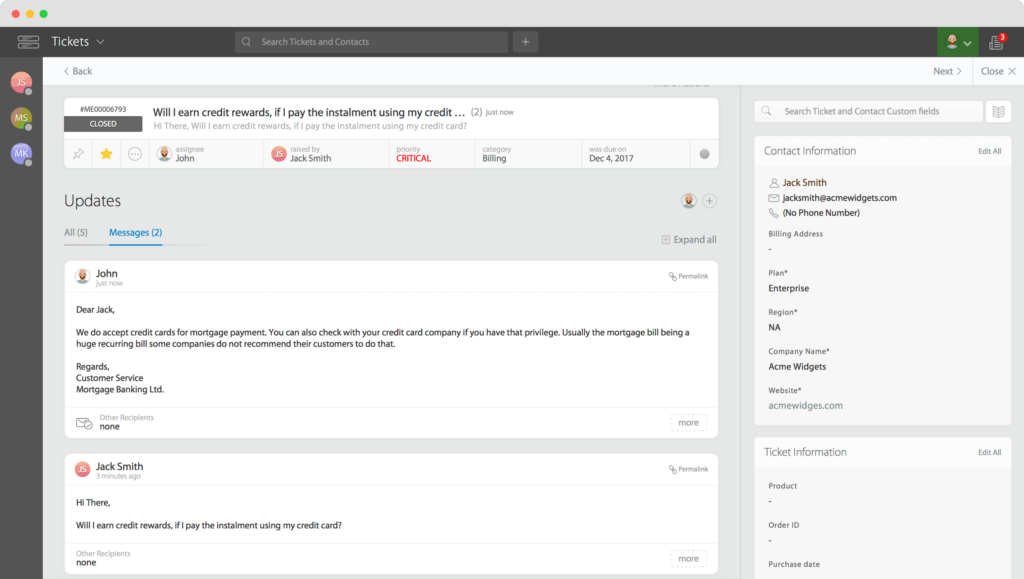
HappyFox, often compared with Zendesk is a robust and versatile ticketing system that integrates seamlessly with Microsoft Teams. Designed to enhance the efficiency of support and service teams, HappyFox offers a streamlined approach to managing customer support tickets directly within the Teams environment. This integration allows teams to maintain their workflow in Microsoft Teams while leveraging the powerful features of HappyFox for ticket management, ensuring a cohesive and productive user experience.
Recommended Reading: Best HappyFox Alternatives in 2025
HappyFox features
- Microsoft Teams Integration
- Automation Tools
- Multi-Channel Support
- Customizable Workflows
- Real-Time Collaboration
- Reporting and Analytics
- Knowledge Base Integration
Pricing
Lowest plan – $9/agent/month
Highest plan – $89/agent/month
4. Help Scout
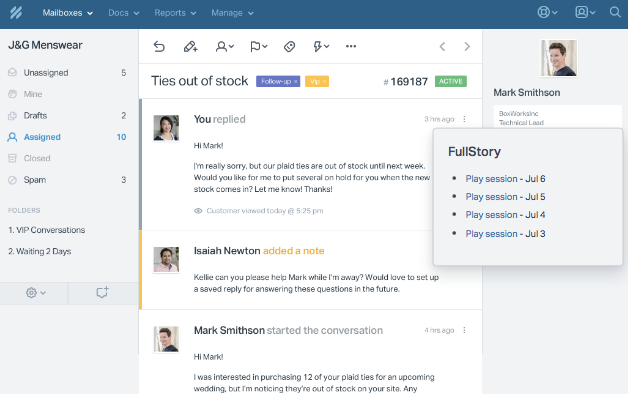
Help Scout, often compared with Zendesk is a customer service platform designed to streamline support processes and enhance customer interactions with features like shared inboxes, knowledge bases, and automated workflows. Known for its user-friendly interface and strong focus on customer satisfaction, Help Scout is a popular choice for businesses seeking efficient and personalized customer support solutions.
Help Scout features:
- Shared inboxes
- Knowledge Bases
- Automated workflows
- Reporting and Analytics
- Integrations with various apps
- Live chat
- Collaboration tools
Pricing
- Standard: $20/user/month
- Plus: $40/user/month
- Company: $65/user/month
5. Hiver
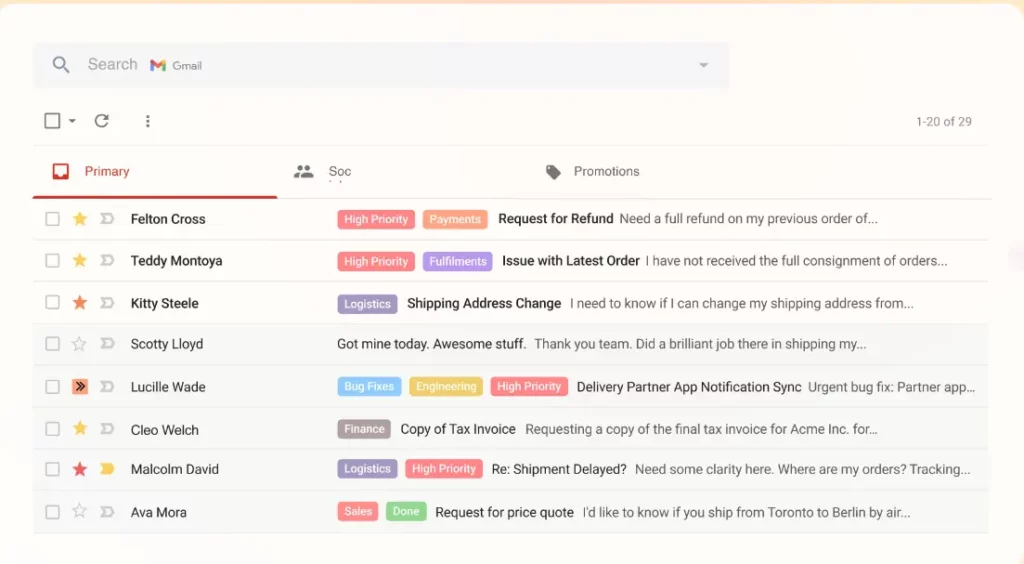
Hiver is a customer service solution that transforms Gmail into a powerful collaboration and customer support tool, particularly designed for teams that manage shared inboxes. It is ideally suited for small to medium-sized businesses and teams looking for an efficient way to handle customer communications without leaving the Gmail interface.
Hiver features
- Shared Inboxes
- Email Tags
- Collision Alerts
- Email Templates
- Automated Workflows
- Customer Satisfaction Ratings
- Analytics and Reports
- Round Robin Assignment
- Integration with Other Tools
Pricing
- Growth: $22/user/month
- Pro: $37/user/month
- Elite: $57/user/month
6. Freshdesk
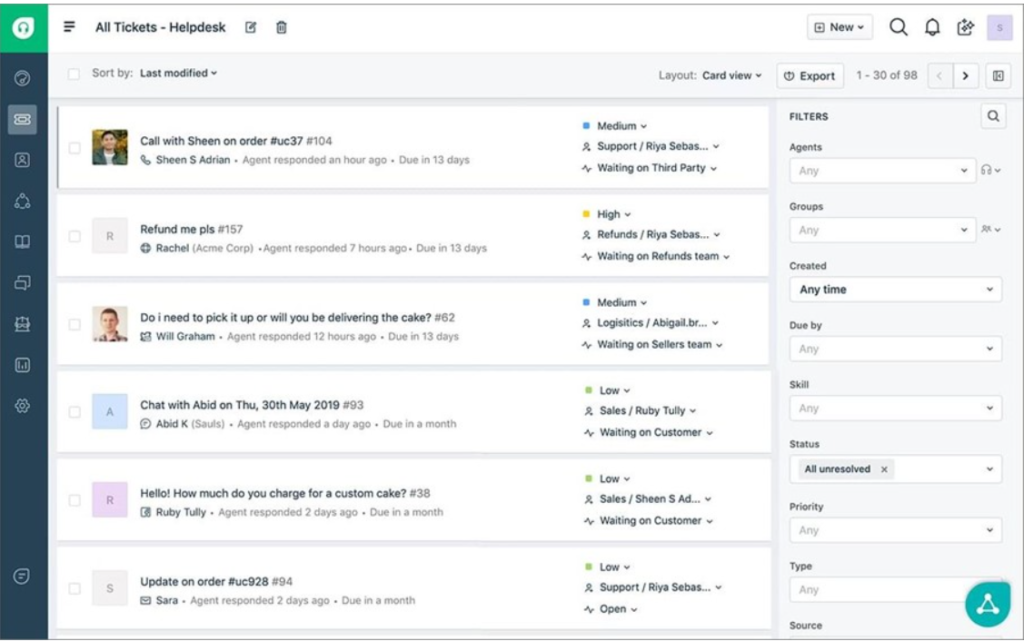
Freshdesk, often compared with Zendesk, is a comprehensive customer support software developed by Freshworks Inc. It’s designed to streamline customer service processes and improve the quality of support provided by businesses across various industries. Freshdesk offers a multitude of features aimed at enhancing customer experience and boosting the efficiency of support teams.
Recommended Reading – 13 Best Freshdesk Alternatives for Businesses for 2025
Freshdesk features
- Ticket management
- Zia AI Assist
- Self-service
- Agent productivity
- Customization
Pricing
- Growth: $15/agent/month
- Pro: $49/agent/month
- Enterprise: $79/agent/month
7. Zoho Desk
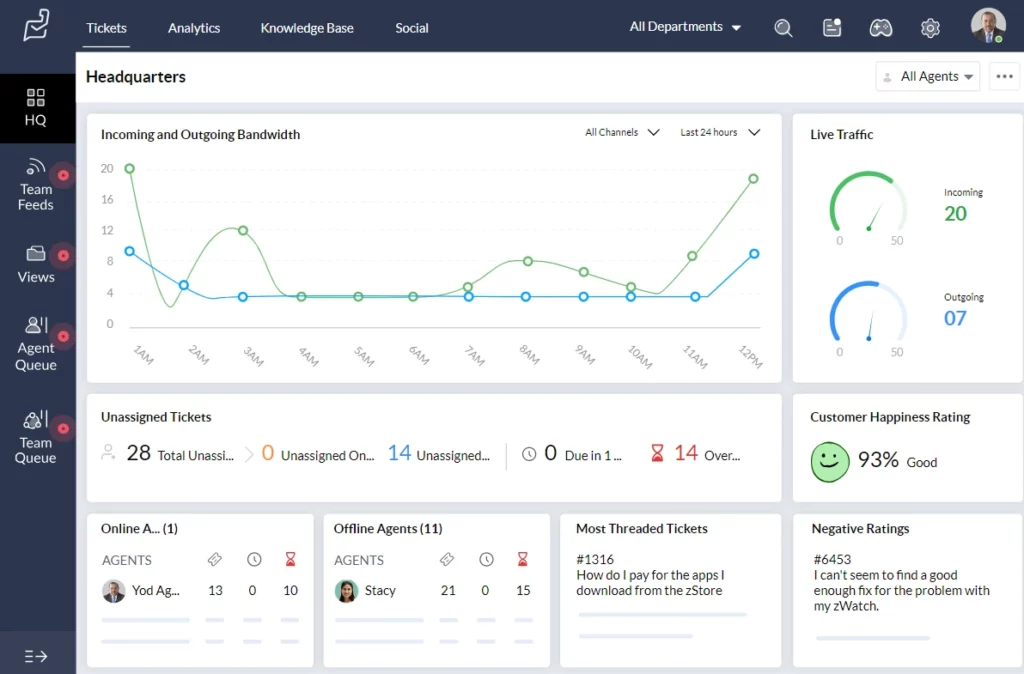
Zoho Desk, often compared with Zendesk is a cloud-based customer service software designed to help businesses manage their customer support activities efficiently. As a part of the Zoho ecosystem, which includes a wide range of business and productivity tools, Zoho Desk integrates seamlessly with other Zoho applications as well as third-party systems. Here’s what makes Zoho Desk stand out:
Recommended Reading – Best Zoho Desk Alternatives for Businesses in 2025
Zoho Desk features
- Customization
- Ticket management
- Omnichannel
- Automation
- Analytics
Pricing
- Standard: $14/user/month
- Professional: $23/user/month
- Enterprise: $35/user/month
How to choose the right helpdesk automation solution for your business?
Choosing the right helpdesk automation solution is essential for optimizing support operations. Consider these tips and questions:
Prioritize user-friendly solutions for quick adoption by support agents and ensure the interface is easy to navigate to avoid hindering productivity.
Utilize free trials to assess the software’s capabilities and user interface, ensuring it meets your team’s needs and preferences.
Select a solution that is easy to set up to derive value quickly, and consider the implementation time to start benefiting from automated features.
Opt for a solution with a dedicated customer success team and built-in best practices, and look for vendors offering robust support options, training, and accessible resources.
Address common questions about helpdesk automation and its impact on service desks, and explore areas of a service desk that can be automated and the suitability of automation tools.
If you’re seeking a comprehensive helpdesk automation solution, consider Desk365. It offers an all-in-one cloud solution with powerful automation features, an omnichannel agent workspace, robust reporting, and numerous apps and integrations.
Desk365 is designed to streamline operations and enhance support for both customers and employees. Take advantage of a 21-day free trial to experience its capabilities.
Frequently asked questions
Help desks benefit from automating their call systems in several ways. Automation can streamline call routing, reduce wait times, and improve customer satisfaction. It can also enable self-service options, allowing customers to find solutions to common issues without needing to speak to a representative
Automating a help desk ticketing system involves using software like Desk365 to create, manage, and track support tickets automatically. This can include automatically assigning tickets to the appropriate support personnel based on predefined criteria such as issue type or priority. Automated responses can be set up to acknowledge receipt of a ticket and provide an estimated resolution time, which can help manage customer expectations.
Self-service-based helpdesk automation refers to the use of technology to enable customers to find solutions to their problems independently, without the need to contact a helpdesk representative. This can include providing a knowledge base with articles and FAQs, offering interactive troubleshooting guides, and implementing chatbots or virtual assistants to answer common questions

